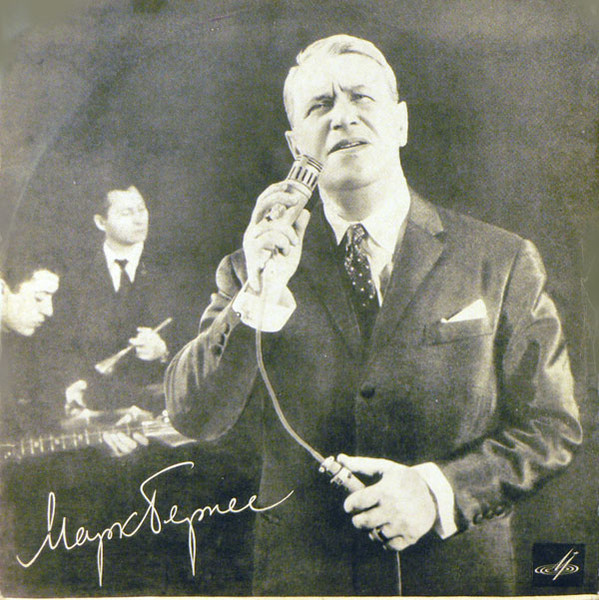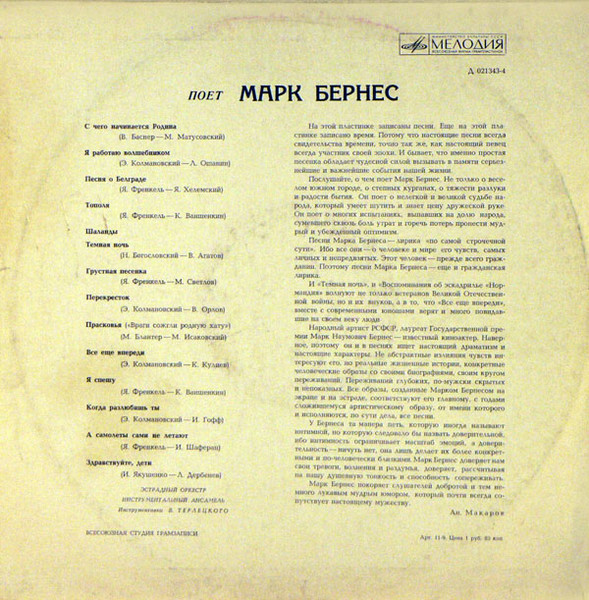by Alice Munro
Ten delightfully complex, dark and/or disturbing gems from arguably the greatest living short story master.
Inevitably, the “our Chekhov” cliché (attributed to Cynthia Ozick) has found its way onto the book’s dustjacket. Have those who repeat it ever read Chekhov? Or Alice Munro? Well, Munro is nothing like Chekhov. She’s in a class of her own.
The first nine stories all take place in Canada. Now, as a note aside: I don’t know much about Canada. It’s a huge and sparsely populated country. Apart from ice hockey, it gave us, off the top of my head, Margaret Atwood, Farley Mowat, Yann Martel, Leonard Cohen, Joni Mitchell, Maynard Ferguson, Oscar Peterson, Kenny Wheeler, Diana Krall, Lhasa de Sela, Tanya Tagaq, Peaches, Lido Pimienta, Leslie Nielsen, Dan Aykroyd, Mike Myers, Keanu Reeves, Donald Sutherland, Rush, Godspeed You! Black Emperor, Cirque du Soleil... And, of course, Alice Munro. The Klondike Gold Rush inspired many a work by Jack London that I enjoyed reading as a kid. Yet the first thing that springs to my mind is The Lumberjack Song. Oh, the power of a stereotype.
To be fair, a wood cutter by the name of Roy actually is a protagonist of the short story called Wood. As Canadian as possible under the circumstances? Maybe. To me, Roy is a stereotypical Finn.
This curious diagram from Wikipedia shows the evolution of sections in Wood, first published in 1980 and then in its revised form in this collection (2009):

“The 2009 version comprises eight sections to the 1980 version’s three, and has a new ending.”
The title story — at 50+ pages, shouldn’t it be called a novella? — is quite different from the rest. It is based on the life of the Russian mathematician Sofya Kovalevskaya (Sophia Kovalevsky in the story) and, as far as I can see, pretty faithful to historical events.
As another note aside: yes I heard about Kovalevskaya when I was in school, and later at the university. Not much though. The fact that she was not able to attend a university, let alone get any teaching job, either in Russia or abroad, was somehow glossed over*. Her mentor, Karl Weierstrass — that Weierstrass, the author of an endless list of theorems — also appears in the story.
The amazing thing is, even here, even knowing how it’s gonna end, Munro’s stories and characters are not predictable.
If I were to choose three stories, it would be those that are narrated in the first person: Child’s Play, Some Women and Wenlock Edge.

She was never at a loss. Sometimes she came equipped with riddles. Or jokes. Some of the jokes were what my mother would have called smutty and would not allow around our house, except when they came from certain of my father’s relatives who had practically no other kind of conversation.
These jokes usually started off with serious-sounding but absurd questions.
Did you hear about the nun who went shopping for a meat grinder?
Did you hear what the bride and groom went and ordered for dessert on their wedding night?
The answers always coming with a double meaning, so that whoever told the joke could pretend to be shocked and accuse the audience of having dirty minds.
And after she had got everybody used to her telling these jokes Roxanne went on to the sort of jokes I didn’t believe my mother knew existed, often involving sex with sheep or hens or milking machines.
“Isn’t that awful?” she always said at the finish. She said she wouldn’t know this stuff if her husband didn’t bring it home from the garage.
Some Women
|
| * |
Or so I thought until I came across the 1948 essay by Pelageya Polubarinova-Kochina [1]. The author does not make any secret that Kovalevskaya was not employable in pre-revolutionary Russia — and adds that
Currently in the Soviet Union, all conditions have been created for a woman to engage in science equally with a man, if this corresponds to her natural inclinations.
Polubarinova-Kochina, a distinguished mathematician herself, lived through the birth and death of the USSR and died at the young age of 100. |
- Полубаринова-Кочина, П.Я. Софья Васильевна Ковалевская (очерк научной деятельности). В сборнике С.В. Ковалевская. Научные работы. Редакция и комментарии члена-корреспондента АН СССР П.Я. Полубариновой-Кочиной. Издательство Академии Наук СССР, Москва, 1948, стр. 313—342.



















